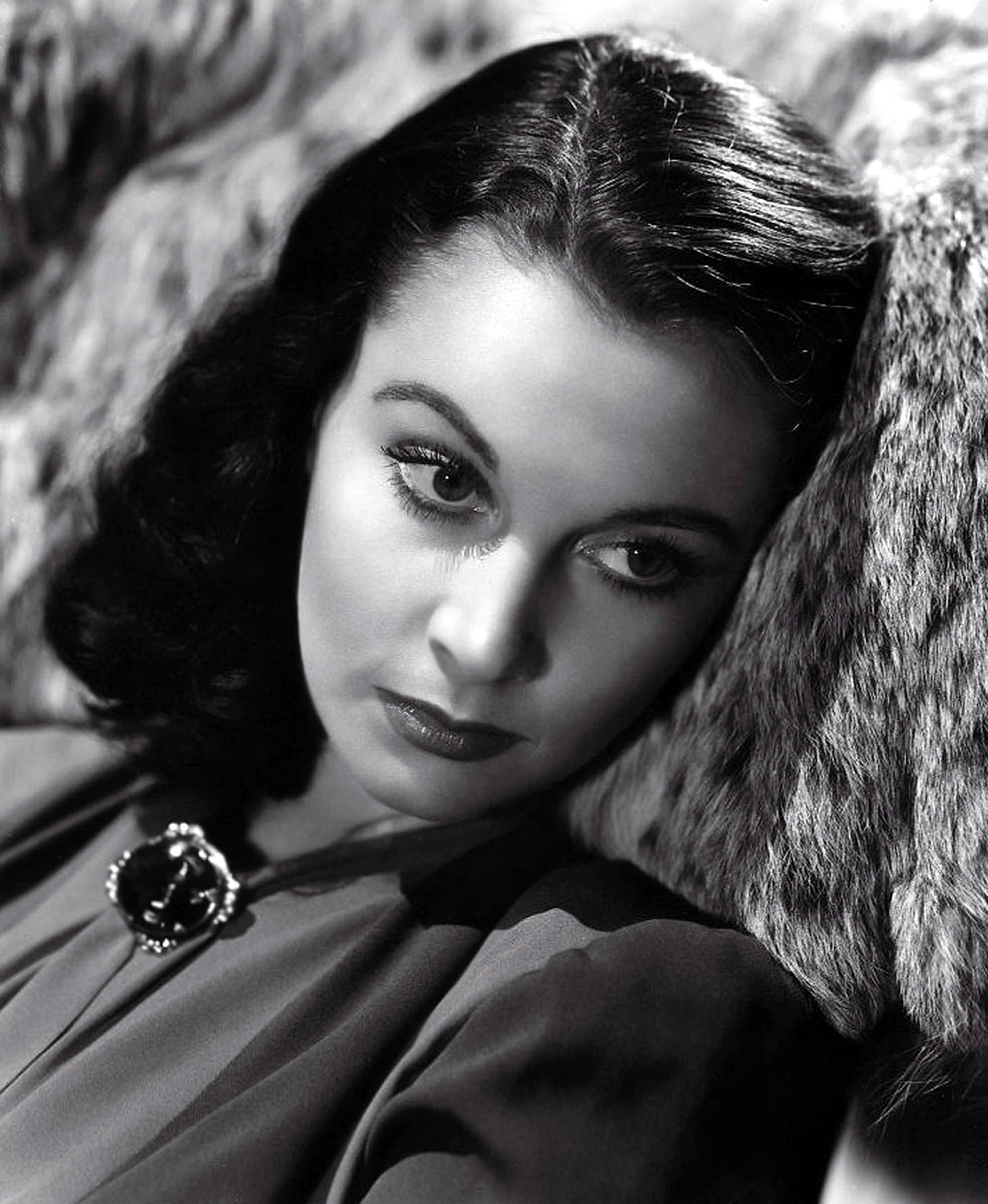Vivien Leigh, a name synonymous with talent and beauty, graced the silver screen with unforgettable performances that have left a lasting mark in film history. Born on November 5, 1913, in Darjeeling, India, her journey from a convent-educated girl to an Academy Award-winning actress is as fascinating as it is inspiring. With her portrayal of iconic characters like Scarlett O'Hara in Gone with the Wind and Blanche Du Bois in A Streetcar Named Desire, Leigh's legacy continues to captivate audiences to this day.
Who Was Vivien Leigh?
Vivien Leigh was a British actress recognized for her exceptional talent and stunning beauty. She was educated in convent schools across England and Europe, where she developed a passion for acting, partly inspired by her schoolmate Maureen O'Sullivan. Leigh’s breakout role came in 1939 with her portrayal of Scarlett O'Hara in David O. Selznick's epic adaptation of Gone with the Wind, earning her international acclaim and an Academy Award.
Early Life and Education
Born Vivian Mary Hartley, Leigh experienced a varied upbringing, moving from India to England at a young age. Her family returned to England when she was six years old, and it was during her school years that she first expressed her ambition to be famous. As a teenager, she attended prestigious schools in Europe, becoming fluent in French and Italian, which laid the groundwork for her future acting career.
At 19, she studied acting at the Royal Academy of Dramatic Art, but took a break when she married lawyer Leigh Holman and became a mother. During this time, she adopted the stage name Vivien Leigh, changing the spelling of her first name to reflect a more glamorous persona.
Film and Stage Debuts
Leigh made her acting debut in 1935, with her first stage performance in the play The Bash and her film debut in Things Are Looking Up. Although her initial roles often cast her as a light-hearted character, she soon sought more challenging and dynamic roles. It was at the Old Vic Theatre that she honed her craft and met Laurence Olivier, with whom she developed a profound partnership both professionally and romantically.
Iconic Role in 'Gone with the Wind'
Diving into the role of Scarlett O'Hara was a pivotal moment in Leigh's career. Director George Cukor sought an actress who could bring an electrifying presence to the character, and despite many Hollywood legends vying for the part, Leigh's audition during a vacation in California secured her the role. This casting choice was risky but ultimately rewarded, as Gone with the Wind became a monumental success, smashing box office records and earning numerous accolades.
Personal Life and Challenges
Leigh and Olivier married in 1940, becoming a prominent couple in the entertainment industry. However, Leigh faced significant personal challenges, including battles with mental health that impacted her career. Despite these struggles, she continued to take on major roles and received high praise for her performances.
In 1944, after a tragic miscarriage, her mental health deteriorated, leading her to undergo electroshock therapy and increased reliance on alcohol. Nevertheless, she returned to the stage and screen, continually showcasing her talent and resilience.
Continued Success and Recognition
Leigh’s career saw a resurgence in 1949 with her role as Blanche Du Bois in Tennessee Williams's A Streetcar Named Desire. This role further solidified her reputation as one of the greatest actresses of her time, earning her a second Academy Award. Critics hailed her performance as even more impressive than her earlier work in Gone with the Wind.
Final Years and Legacy
Despite her ongoing battles with bipolar disorder and a tumultuous marriage that ended in divorce in 1960, Leigh found new happiness in her later years with actor Jack Merivale. She continued to perform successfully, earning a Tony Award for her role in Tovarich and starring in the film Ship of Fools.
Sadly, Leigh’s health declined, and she passed away on July 8, 1967, due to tuberculosis. Her death marked the end of a remarkable career, and the theater district in London honored her memory by dimming the lights for an hour. In 2013, her personal archives were acquired by the Victoria and Albert Museum, ensuring that her legacy and contributions to the arts will not be forgotten.
Vivien Leigh's life story serves as an inspiration to many, showcasing the power of resilience and the impact of artistic expression. Her unforgettable roles continue to resonate with audiences, reminding us of the timeless nature of great storytelling.
Etta James: The Gospel Prodigy Who Shaped Music History
Stormy Daniels: A Journey Through Life And Controversy (1979-Present)
Mike Tyson: A Journey Through Triumphs And Trials


